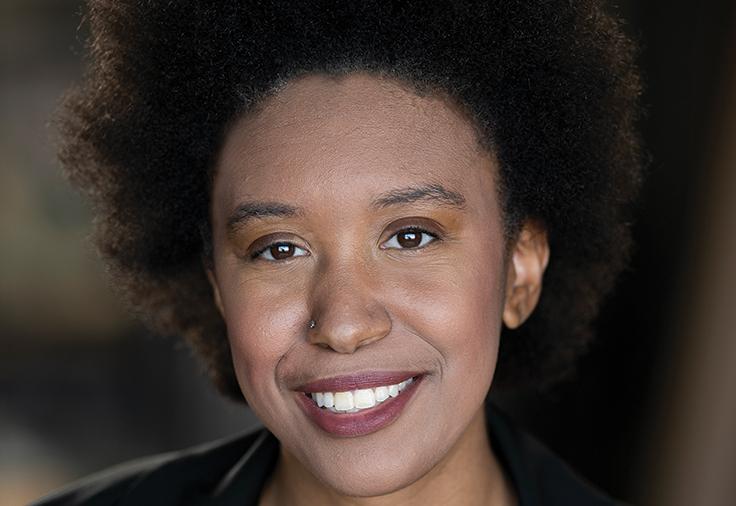
The Colorado Supreme Court rejected a petition Monday from state Attorney General Phil Weiser to reconsider a decision about plea deals.
That has some prosecutors worried, because now hundreds of cases can be appealed.
The court ruled in September that defendants can't be given consecutive sentences to prison and probation for charges in the same case. That means hundreds of people serving time in Colorado could challenge their sentences.
Weiser petitioned for it to be reconsidered earlier in November. The AG said in his petition:
“Prosecutors have long entered in such agreements, consistent with Colorado law since at least 2010. Defendants will now claim their sentences are illegal and their plea agreements invalid, generating extensive litigation that will negatively impact victims and public interest.”
It’s unclear how many will be affected because it depends on who decides to appeal. There are people who have already served their sentences, and others who are still in prison or going through probation.
Prosecutors, judges and defense attorneys used these type of sentences, typically plea agreements, to decrease recidivism rates, Boulder District Attorney Michael Dougherty said.
“One of the reasons that matters to me most of all is that by allowing defendants to serve their sentence in prison followed by a sentence to probation, as opposed to a longer prison sentence, would allow them a better chance at rehabilitation,” Dougherty said.
About half the people who leave state prisons in Colorado eventually return, 10 percentage points higher than the national recidivism rate.
Dougherty also said that victims, especially those of sexual assault, can potentially be retraumatized if some of these cases are appealed and need to be retried. Weiser’s petition said that the state identified 78 sex offense cases that were resolved through plea agreements in 2018 alone within ten counties.
If some do decide to appeal, there is the possibility that their new sentence could be more punitive. Without probation, many defendants could face a longer prison sentence, Dougherty said.
In response to the ruling, Weiser said in a written statement:
“The Colorado Supreme Court’s ruling is final in this case. The Attorney General’s office looks forward to working with its law enforcement partners as they comply with the Court’s ruling and address the individual cases that are potentially impacted by it.”
The office of Denver District Attorney Beth McCann said it is developing policies to address cases where defendants request to withdraw pleas or want new sentencing hearings.
“We want to be efficient and fair to all involved,” the office said in the written statement.








